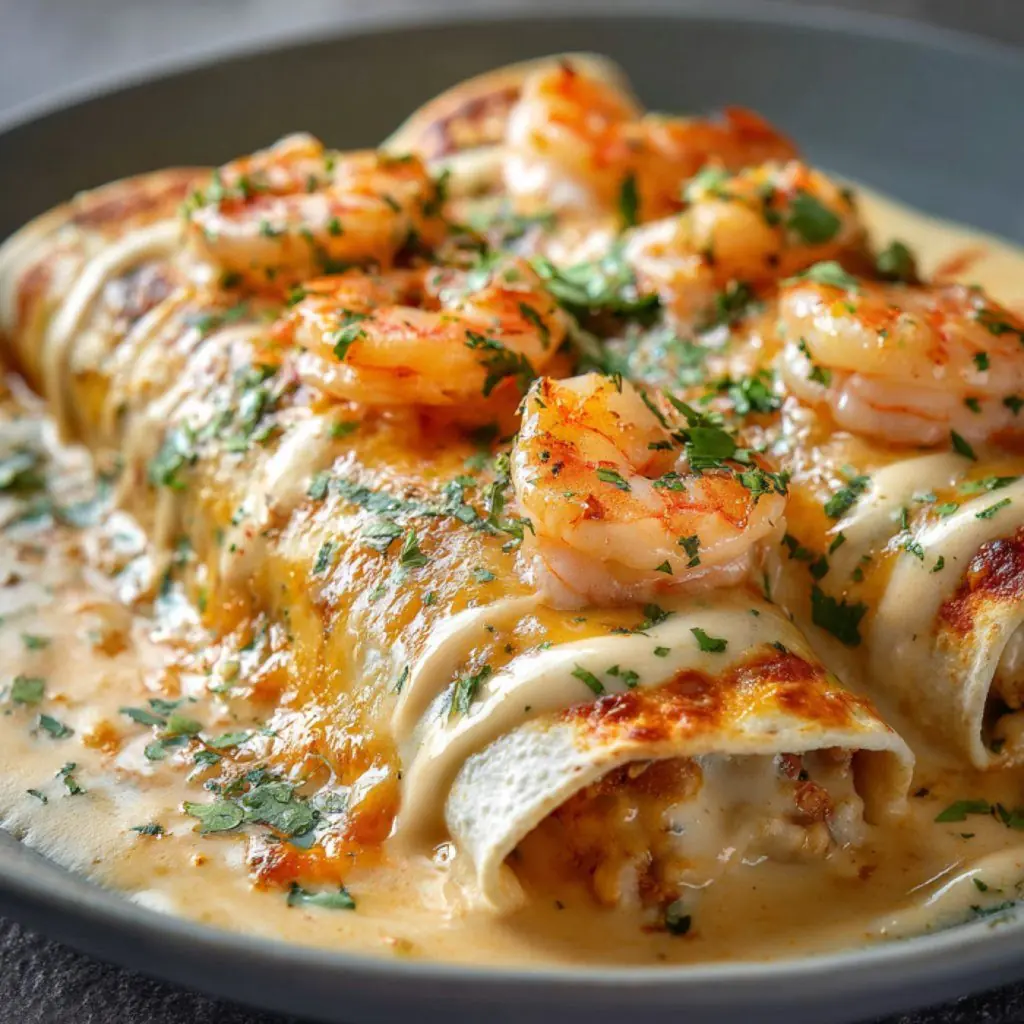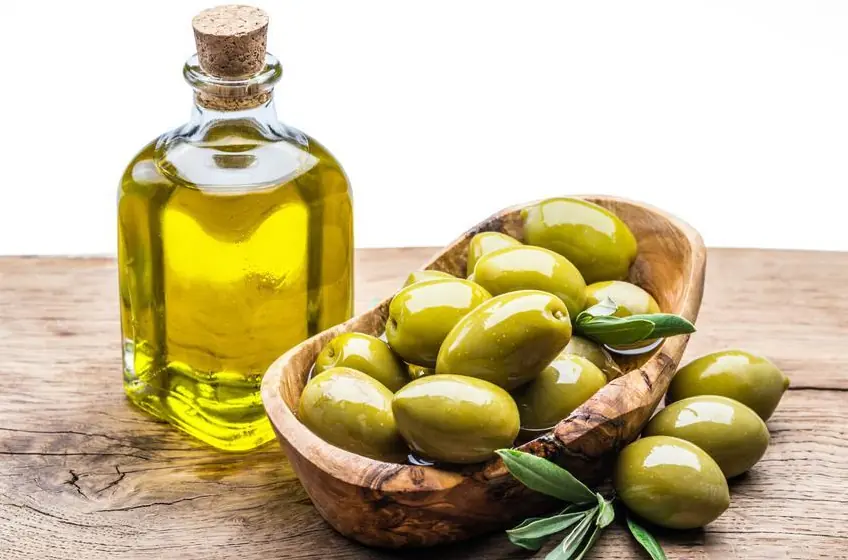
Ri.sks of pouring hot water down the drain
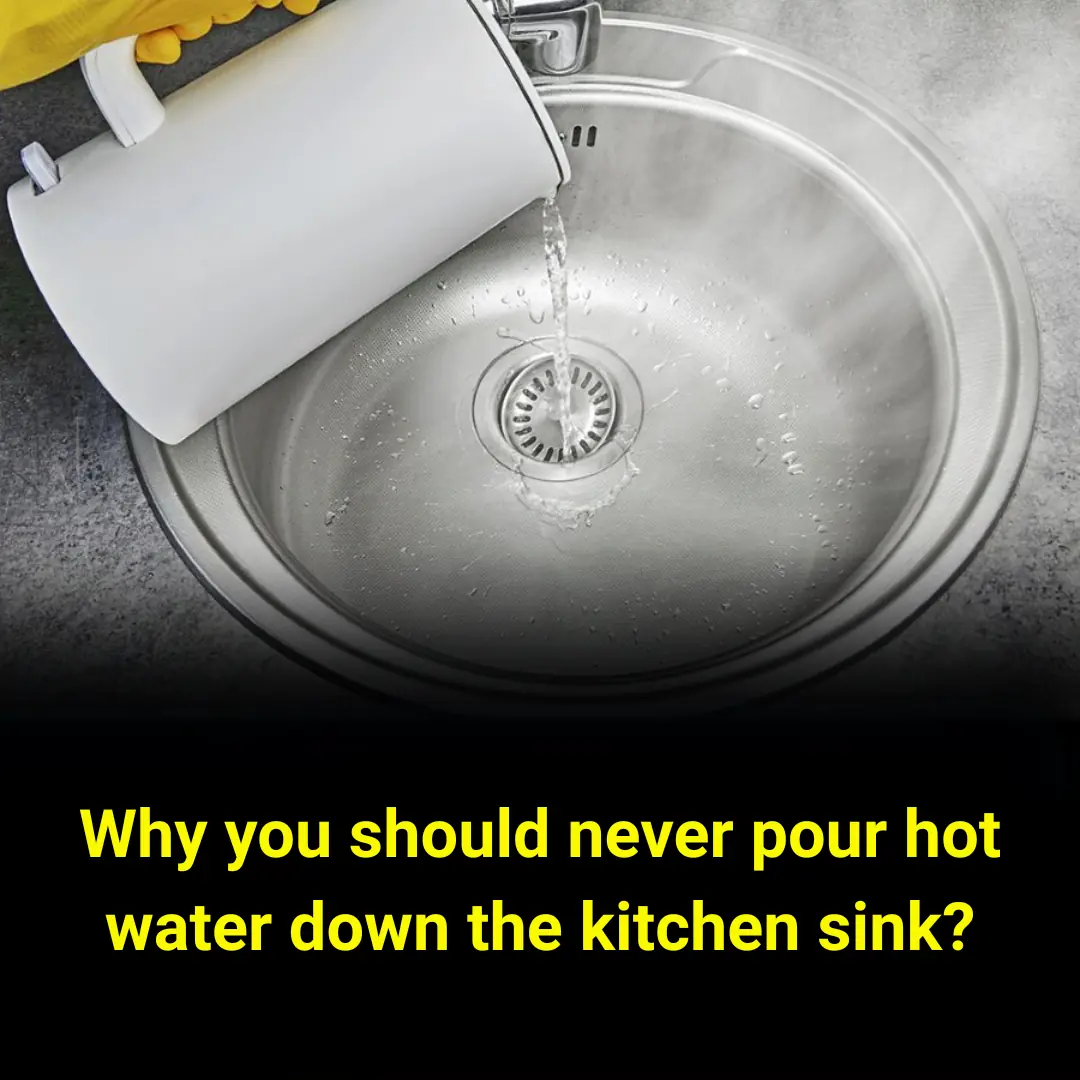
Pouring hot water down the kitchen sink is a habit found in many households, especially after cooking when disposing of boiling water. While it may seem like a practical solution, this practice can actually cause significant damage to your plumbing over time. It’s important to rethink this habit to keep your kitchen safe and functioning properly.
Risks of Pouring Hot Water Down the Drain
Kitchen sinks typically have drainage pipes designed to handle wastewater, but continuous exposure to hot water can ha.rm these pipes in several ways:
1. Shortens the Lifespan of Drain Pipes
Most drainage systems use plastic pipes, which can tolerate moderate heat but weaken when exposed to hot water regularly. While drain pipes usually last 30 to 50 years, repeated exposure to boiling water can drastically reduce their longevity and require early replacement.
2. Leads to Pipe Warping and Cracks
Many PVC pipes are not built to handle temperatures above 60°C. Since water from cooking can reach temperatures near 90°C, pouring it directly down the drain can cause pipes to warp, soften, or crack. This damage can result in leaks, costly repairs, and potential damage to your kitchen cabinets and flooring.
Preventing Grease Buildup in Drain Pipes
Grease and food residues from cooking often enter the drainage system, gradually causing blockages. Some believe that hot water helps dissolve grease, but in reality, it only spreads the grease further along the pipes, making clogs worse.
Here are two effective ways to reduce grease buildup:
1. Remove Excess Grease Before Washing
Before washing dishes and cookware, use a paper towel or cloth to wipe off as much grease and oil as possible. This simple step helps keep most grease out of the drain, preventing accumulation inside the pipes.
2. Regular Use of Drain Cleaners
If your sink drains slowly or emits unpleasant smells, it may indicate grease and residue buildup. To maintain clear pipes, apply a drain cleaner periodically. These products work by breaking down grease and debris deep inside the pipes without harming the plumbing material.
Besides clearing clogs, many drain cleaners also contain antibacterial agents to kill bacteria, prevent bad odors, and keep your drainage system clean and hygienic.
In summary, avoid pouring hot water directly down the kitchen sink to protect your pipes from heat damage. Instead, focus on removing grease before washing and using drain cleaners regularly to keep your drainage system functioning efficiently and odor-free.
News in the same category

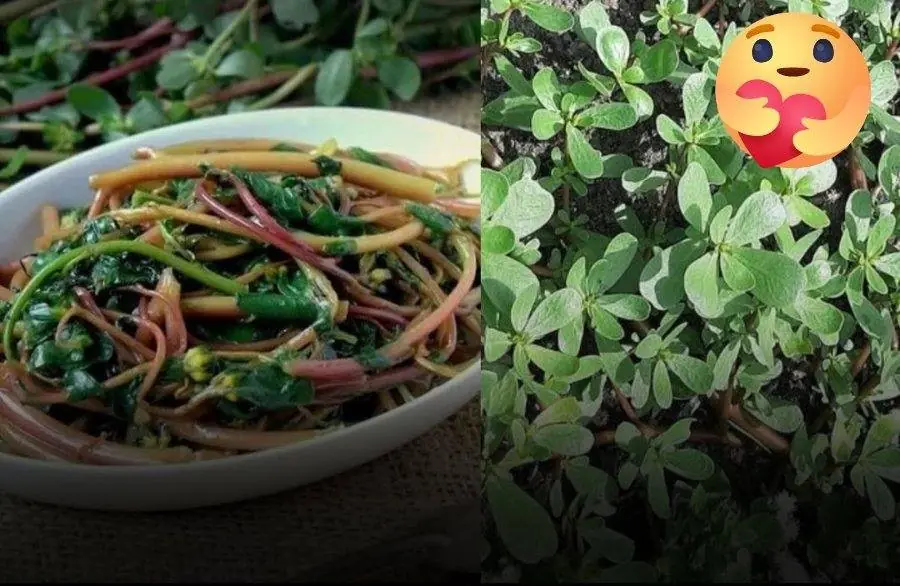
Many people don't realize just how nutritious this vegetable is

Pouring hot water down the kitchen sink may seem helpful, but it actually poses two major risks many people don’t know about
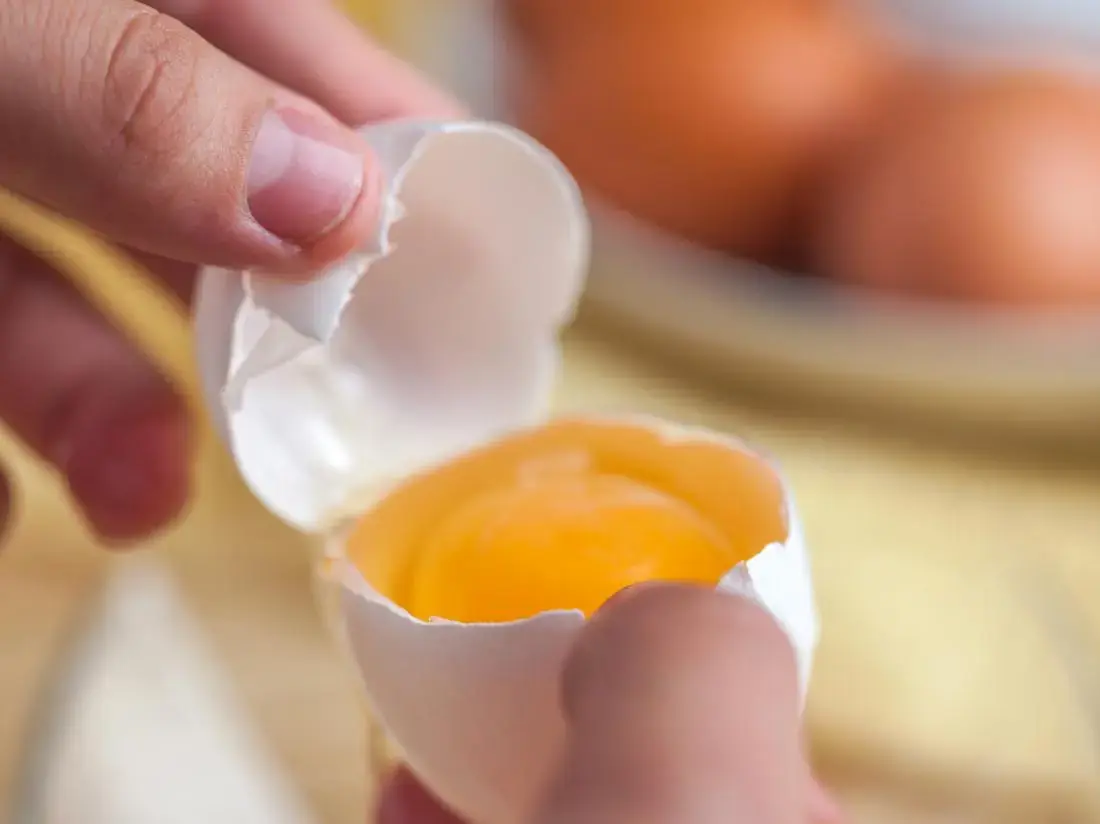
Doctors Warn: This Common Way of Eating Boiled Eggs Can Clog Your Arteries
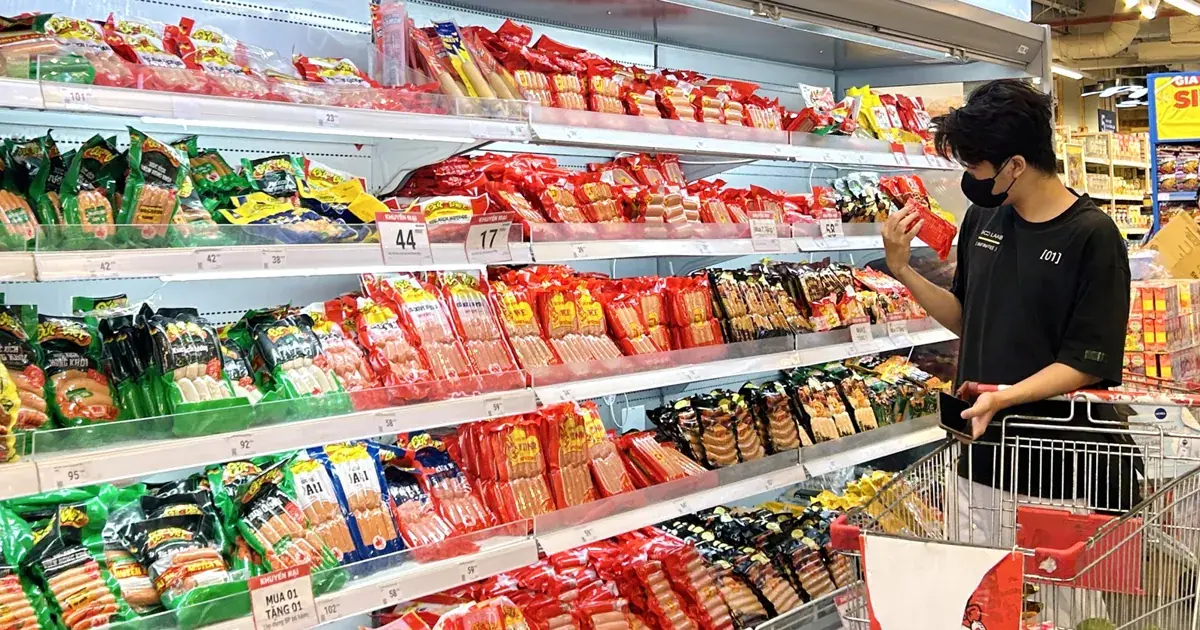
Housewives should pay close attention to these common supermarket items
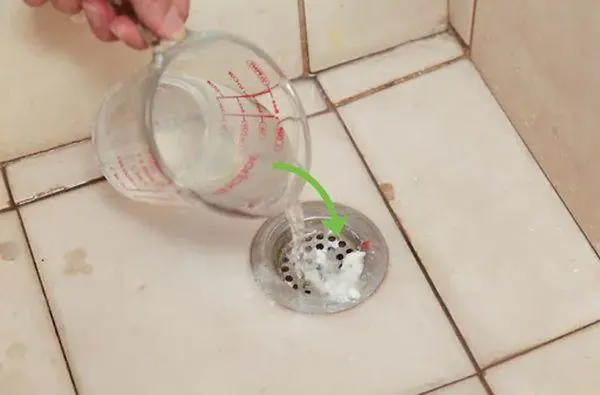
Have you ever wondered why people pour hot water into the drain?

Is Your Phone Overheating and Draining Battery Too Fast? Here’s How to Fix It and Restore Performance
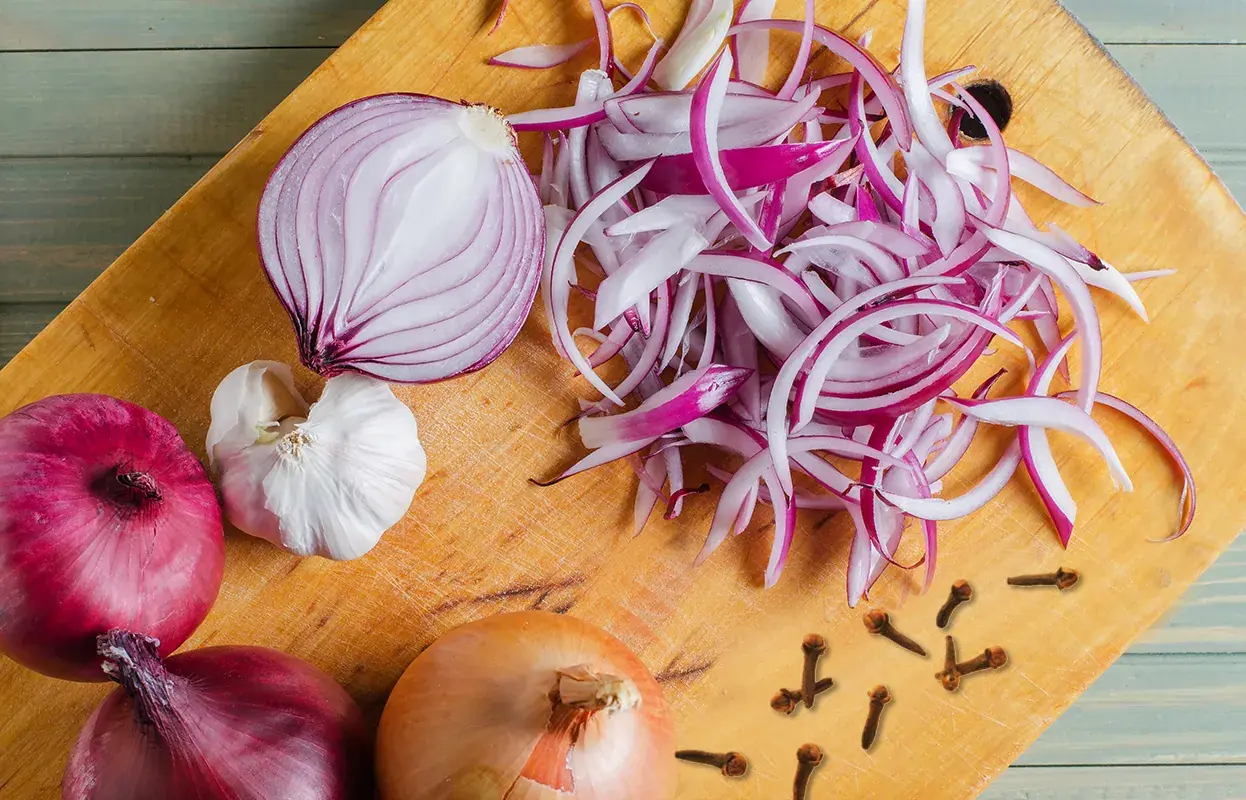
Doctors Speak Frankly: Four Types of People Should Avoid Onions

Why Some People in Their Early 40s Start to Develop an ‘Old-Age Smell’ — And It Has Nothing to Do With Hygiene
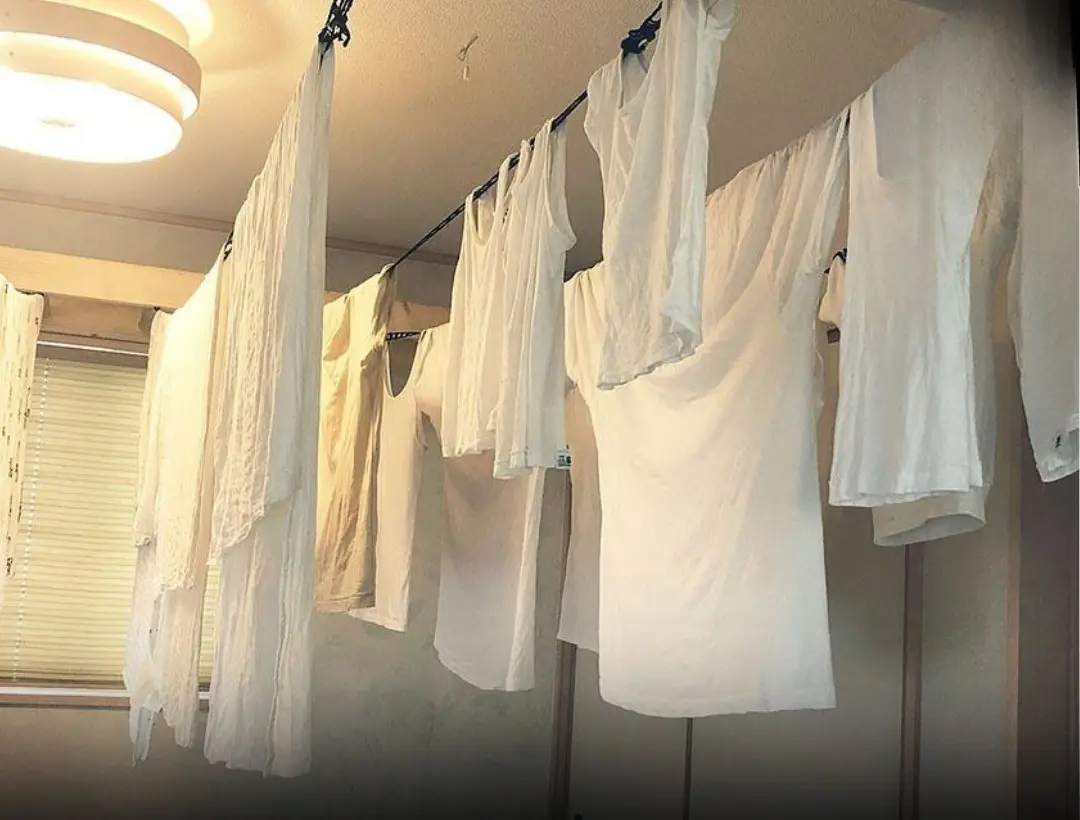
Japan’s hidden laundry technique: dries thick garments fast with 100% success

There’s always a reason: Why dogs bark at or chase people?
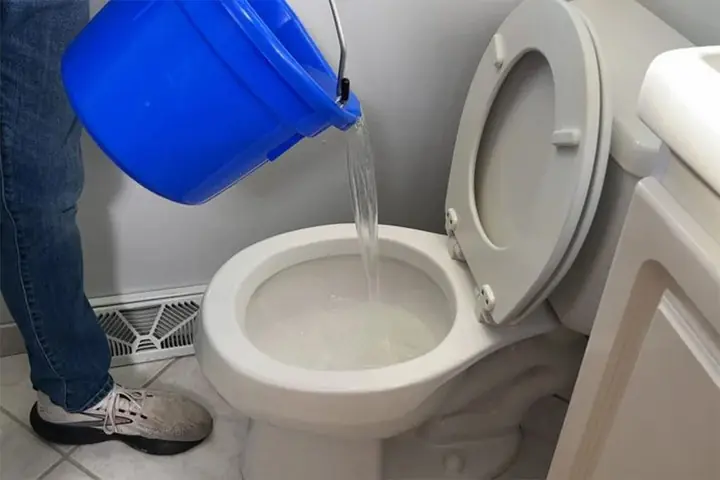
Why you should never pour household wastewater into the toilet?
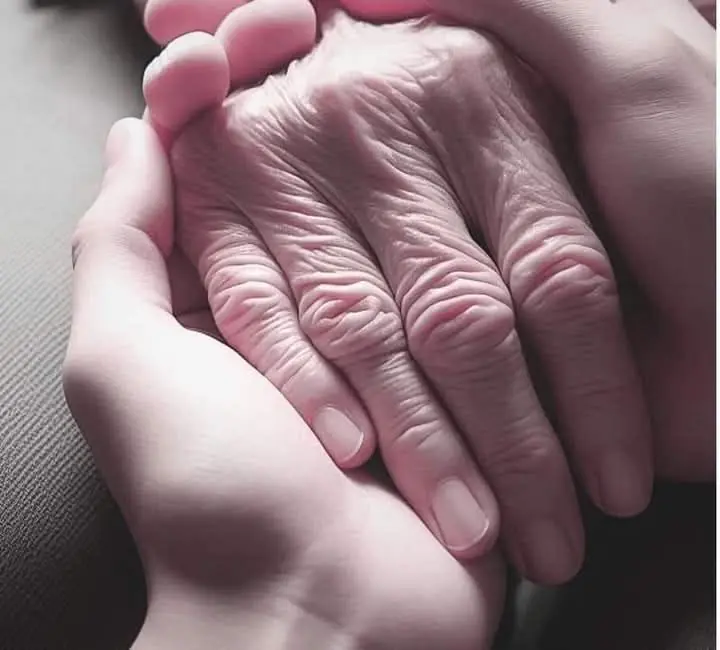
If Your Parent Shows These 3 Signs, They May Be Nearing the End of Life. Prepare Yourself for What’s to Come
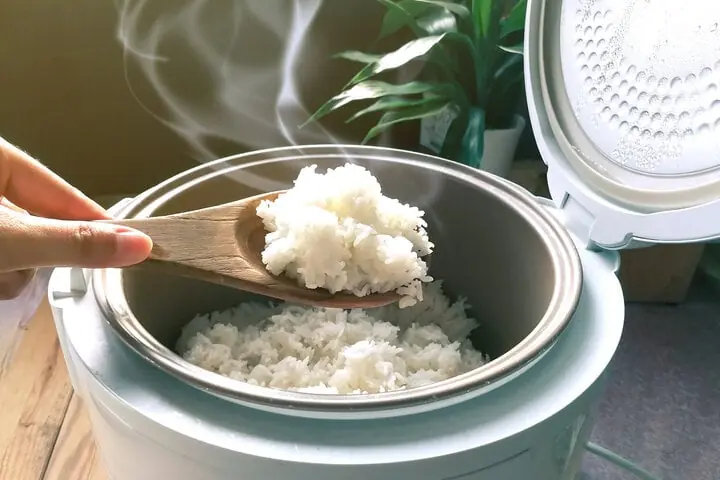
Can you eat leftover rice safely? Here’s what nutrition experts say
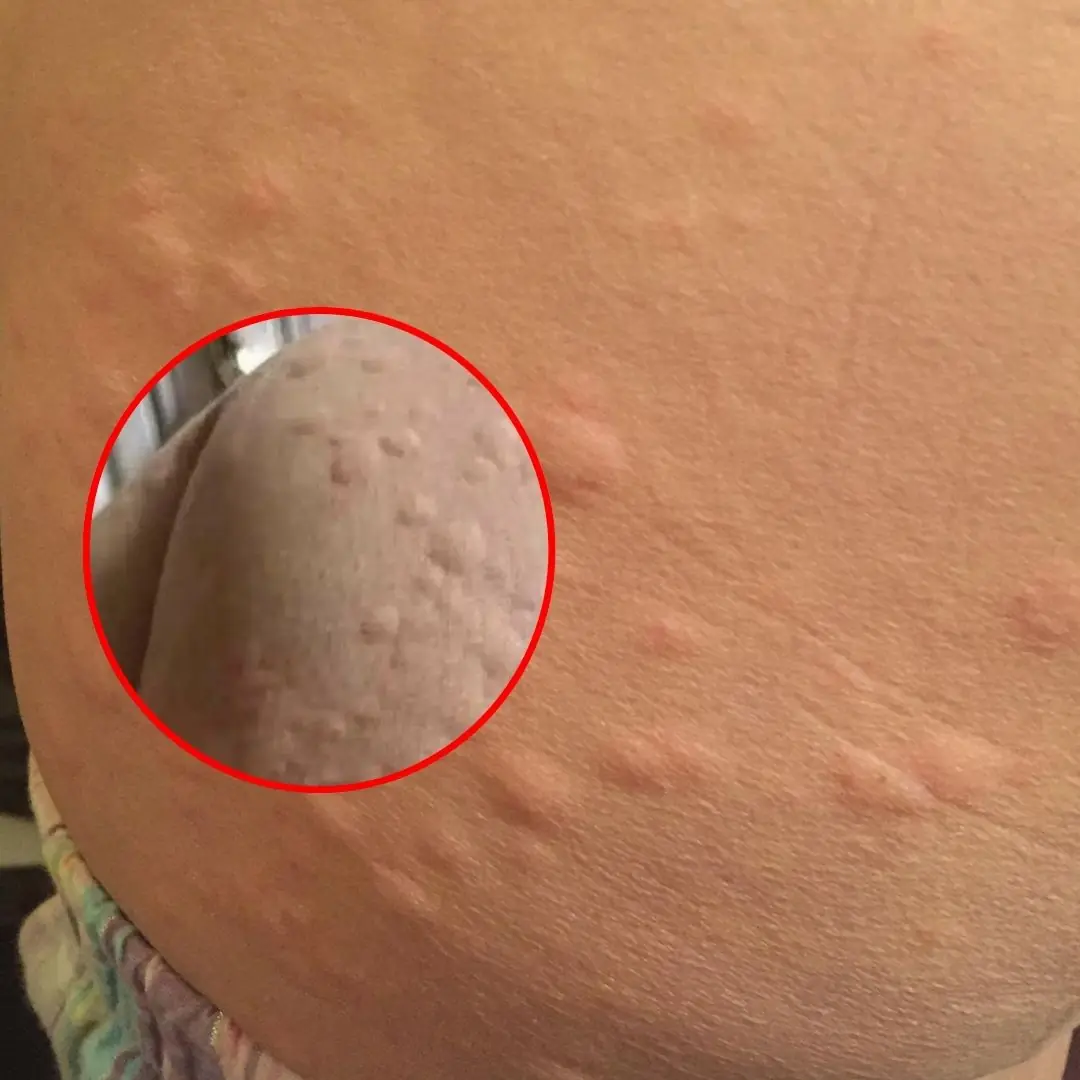
Warning signs: Persistent itching and small bumps on your skin may signal a hidden problem
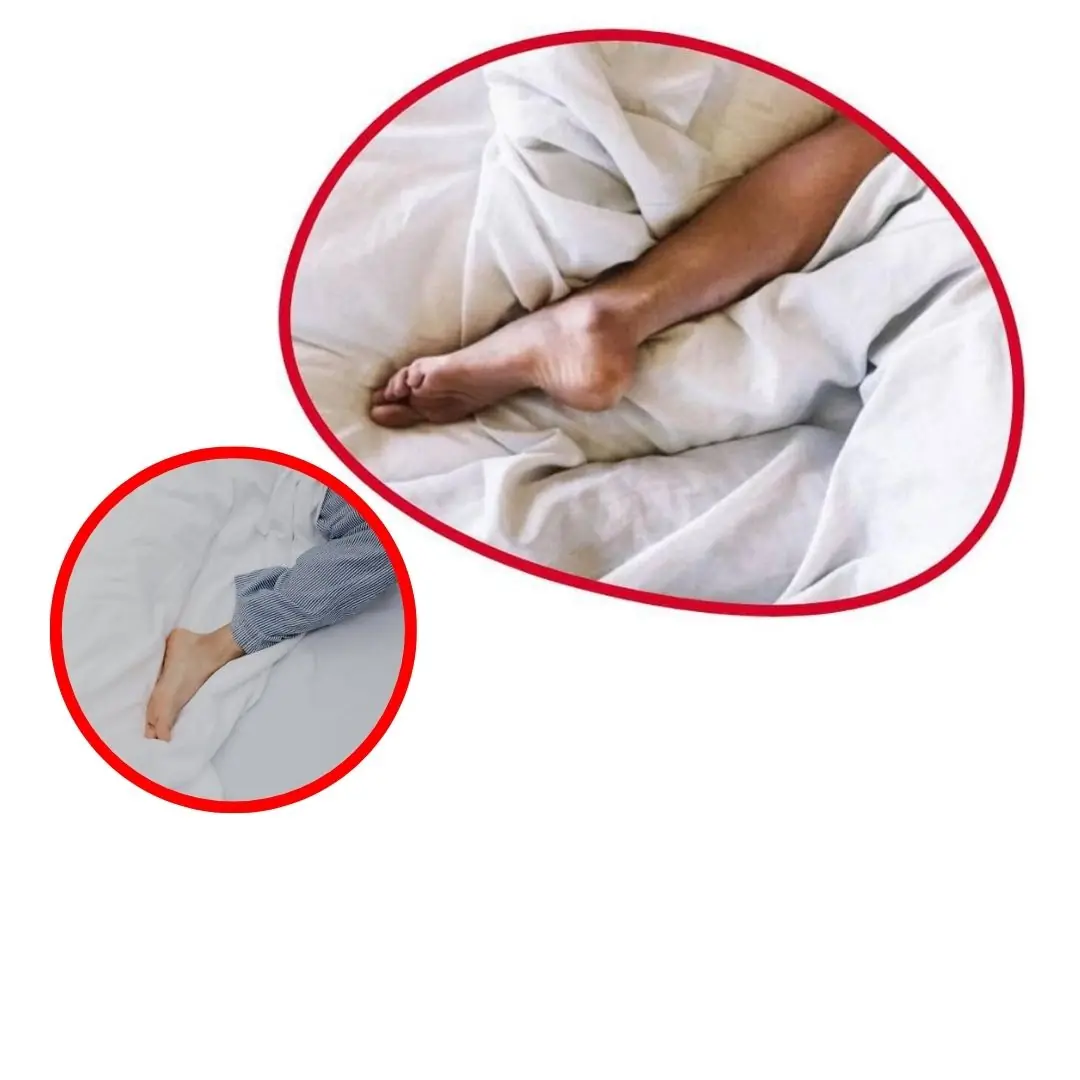
For those who are in the habit of poking the leg out of the bed sheet when sleeping
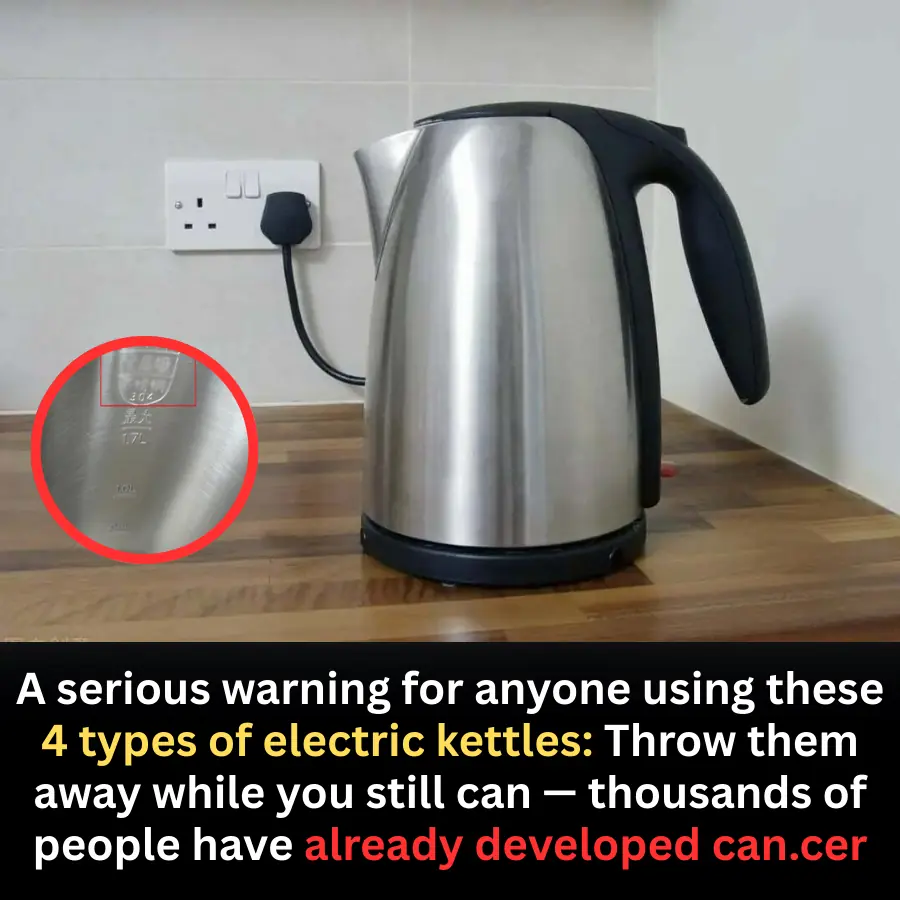
Health Warning: 4 Types of Electric Kettles You Should Stop Using Immediately
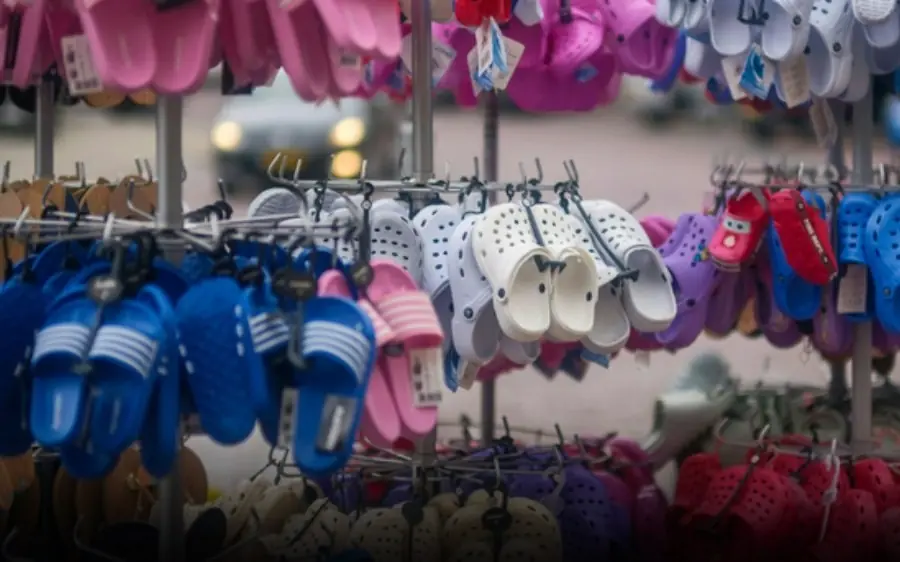
This type of "poiso,nous sandal" can cause early puberty in children, but many parents still buy it for their children to wear!
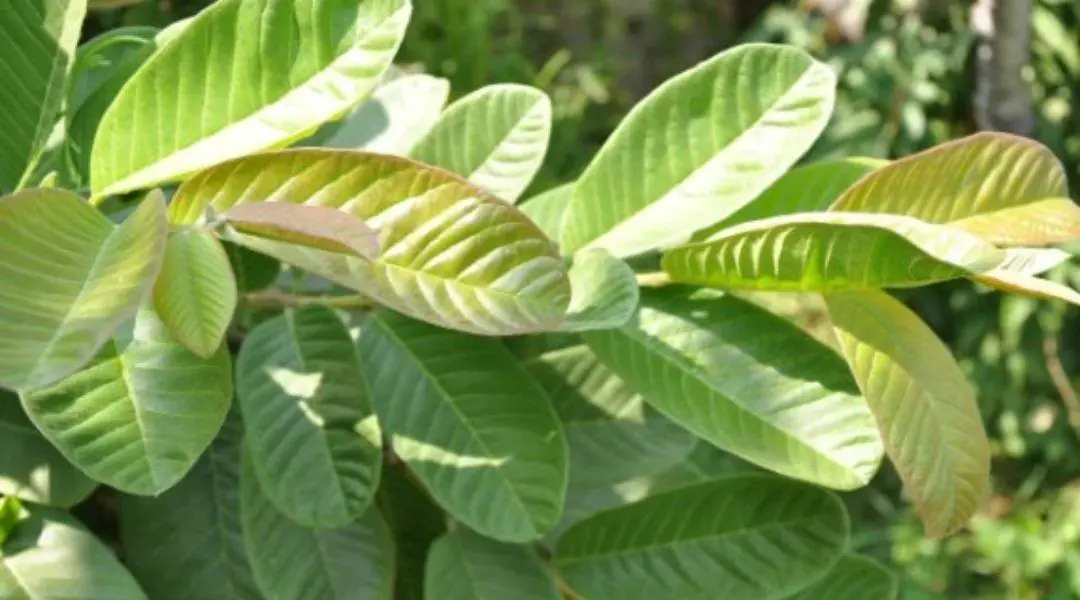
With this leaf in hand, you don't have to worry about diarrhea or health problems will improve

Don’t Drink Water Immediately After Waking Up: Doctors Reveal 5 Important Things to Do First
News Post
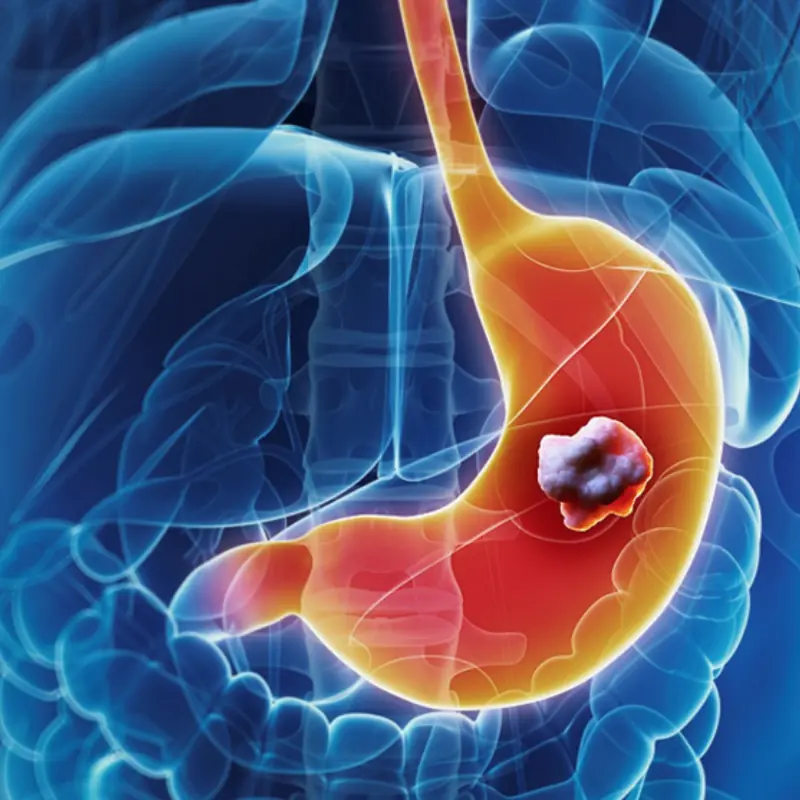
7 Serious Warning Signs of Sto.mach Can.cer in Its Later Stages
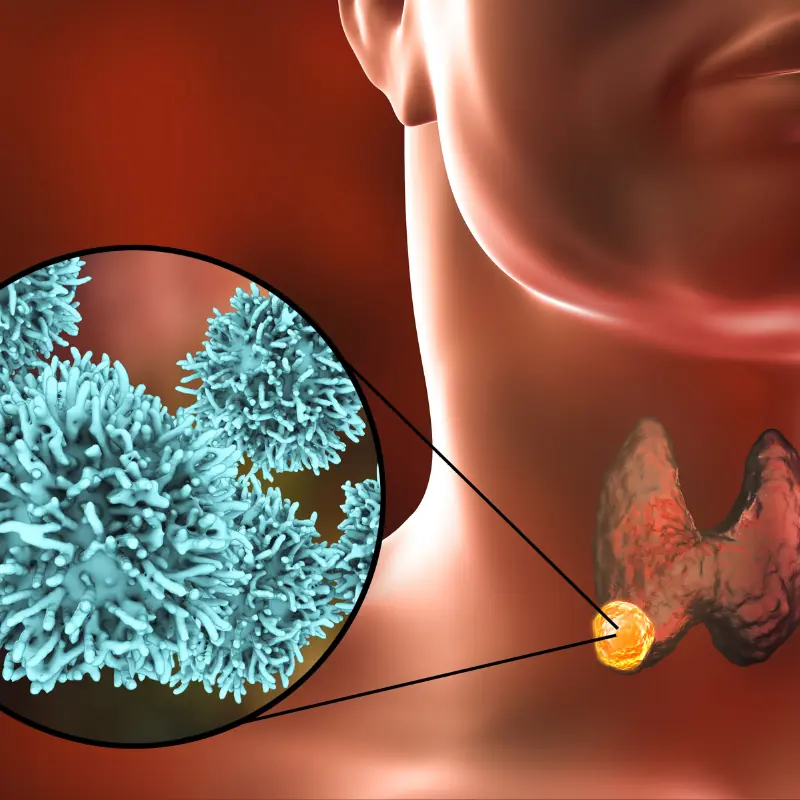
5 Early Clues of Thyroid Can.cer You Shouldn’t Ignore

A “Can.cer-Free” Village and a Cheap Root Vegetable: Viral Story Sparks Curiosity—and Questions
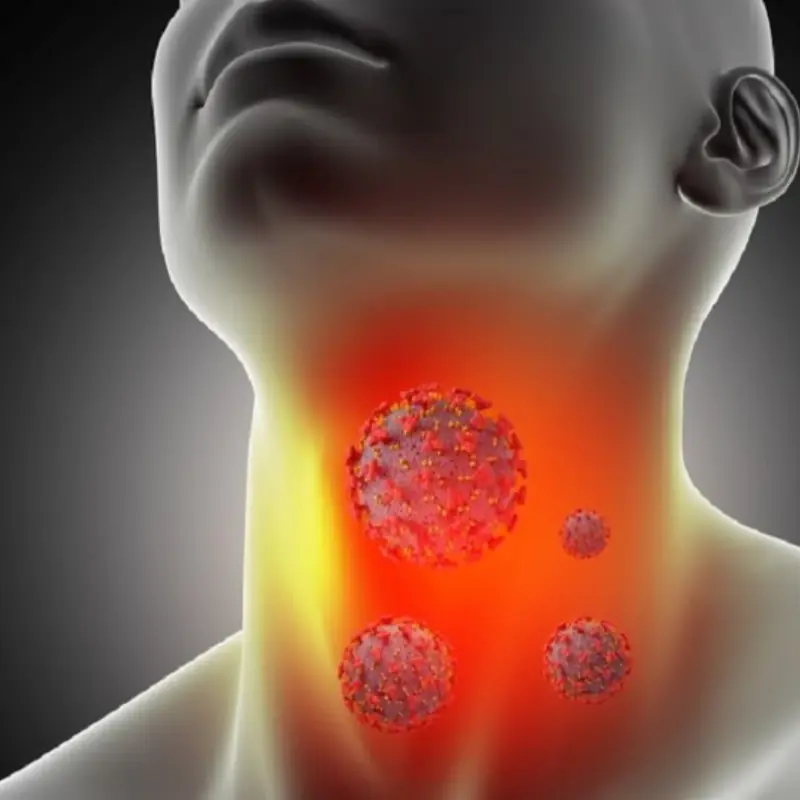
A 35-year-old man’s sore throat progressed to can.cer after five chemotherapy rounds. Doctors warn: ditch these two items from your fridge

Five kinds of vegetables may harbor hidden worms. Eating them raw is like swallowing the parasites directly

He drank lemon water daily for two years to reduce his blo.od pressure—and the results surprised everyone.

Doctor’s warning after a 65-year-old’s de.ath: Don’t drink these four types of water at night, even if you’re thirsty.

Creamy Chicken Salad Stuffed Croissants
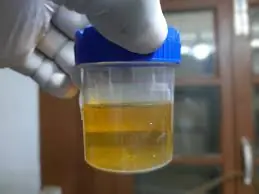
If you notice any of these 3 urine changes, it’s time to seek medical help—fast.

Can.cer Had Metastasized to Her Liver, Yet a 49-Year-Old Woman Lived Healthily for 8 Years Thanks to One Habit She Never Abandoned

Have you ever wondered why putting garlic at your bed's headboard is so popular?

A 9-Year-Old Girl Was Diagnosed With Cancer Early Thanks to a Habit Her Mother Never Skipped
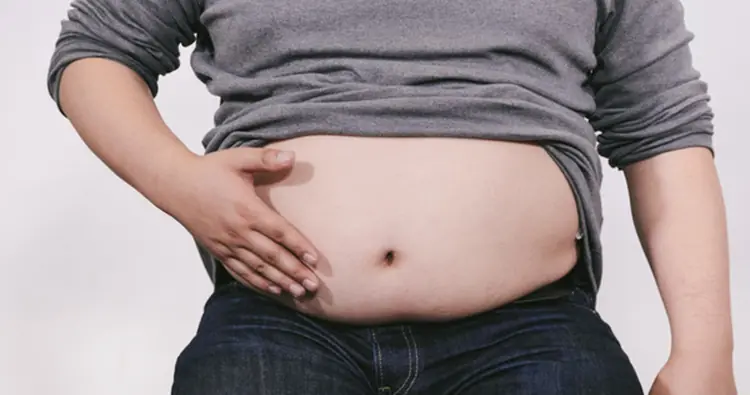
Eating Three Foods Daily, a 38-Year-Old Man with Stage 4 Kid.ney Failure Sees an Unexpected Turnaround After 8 Months

DOCTORS WARN: CAN.CER CAN START FROM A MOLE – SPREADS EXTREMELY FAST
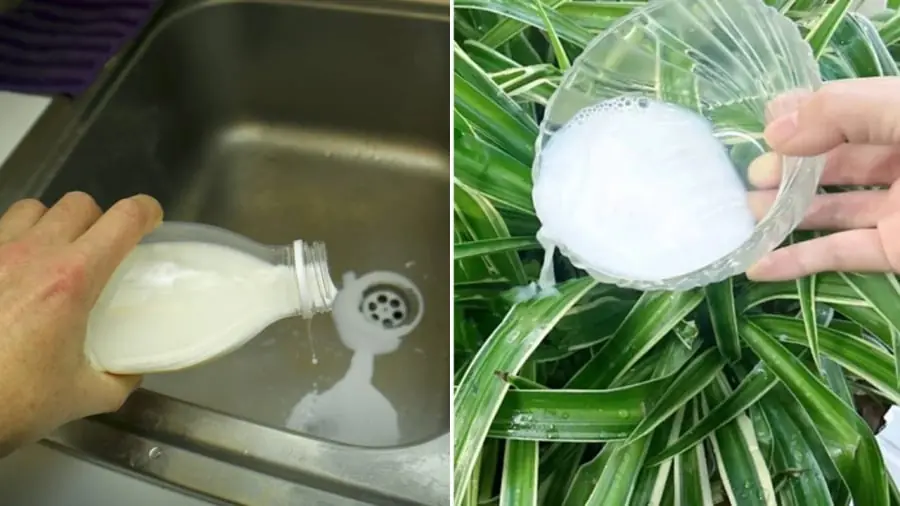
Don’t Throw Away Expired Fresh Milk — Keep It for These 4 Amazing Uses
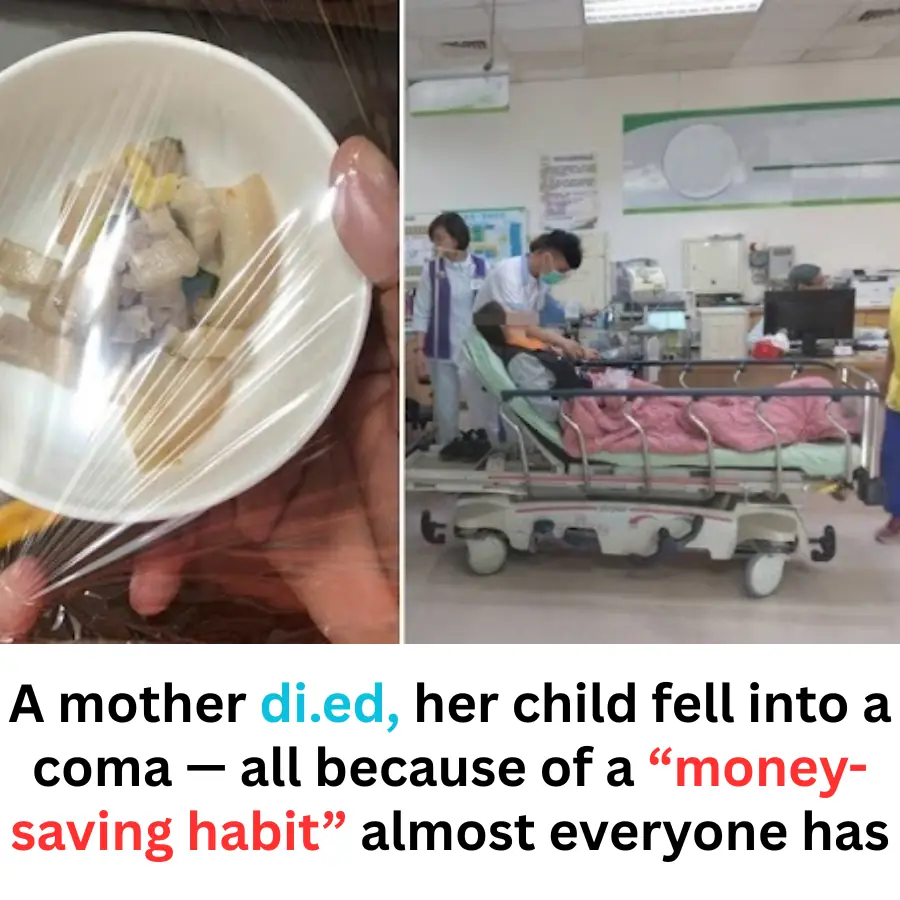
A Mother’s Death and a Child’s Coma: The Deadly Cost of a Common “Money-Saving” Habit

Coconut Lime Fish Soup

How long can cooking oil be stored after opening? How dangerous is it to consume expired oil?
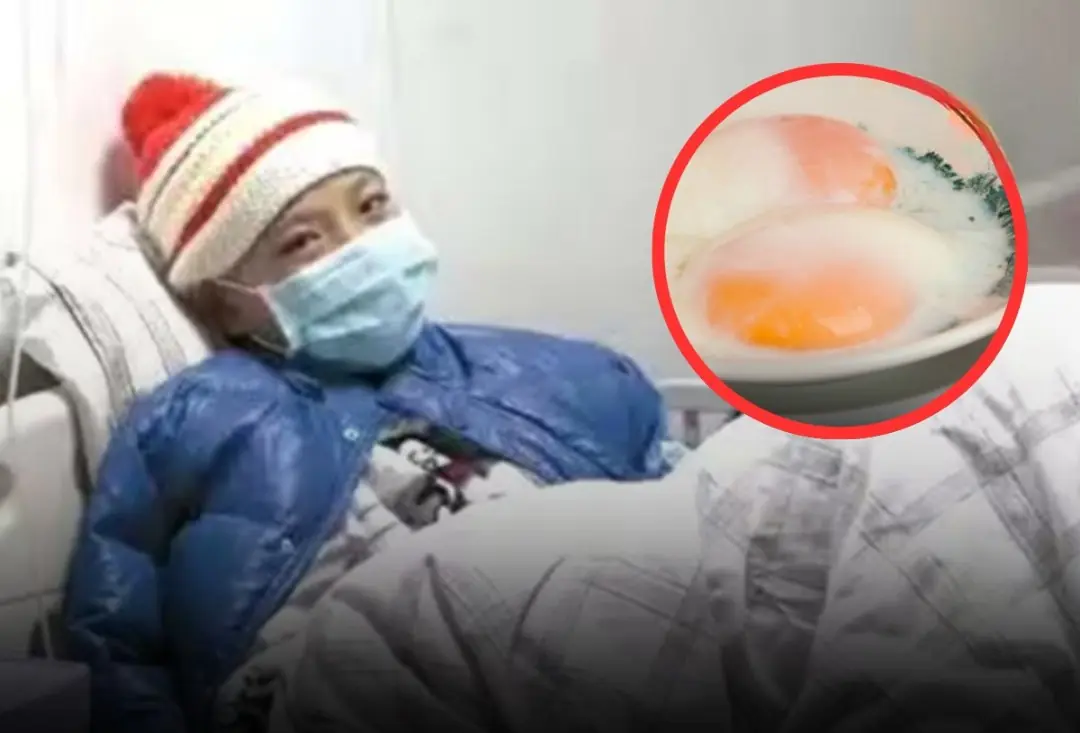
Don’t let children eat just anything to get through the meal.
